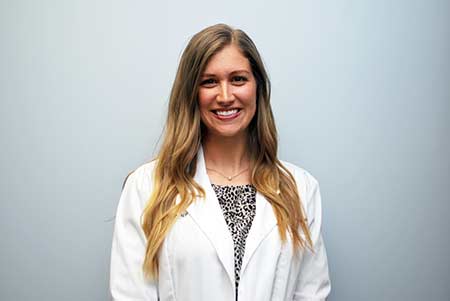Here’s what you need to know before using essential oils
Miscellaneous
Essential oils may play a supportive role in healthcare treatment but research is still being done
Plants and their compounds have been used for medical purposes since ancient times. But it’s really been the last several years that essential oils are gaining in popularity.
“I think a lot of people are experimenting with them, and more people are interested in trying to figure out how they work in the body and how they benefit us,” says Caitlin Young, family nurse practitioner with St. Joseph’s/Candler Primary Care located in Pooler. “Now more than ever people are seeking alternative therapies and trying a more natural approach to things, so essential oils are becoming a little more prominent.”
Research on the health benefits of essential oils is mixed, and they are not regulated by the FDA, meaning they do not need FDA approval before they are sold to consumers. Nor will doctors come out and say this essential oil cures or prevents this condition or that condition.

However, there are healthcare professionals that say essential oils have a purpose as supportive treatment. The most important thing is to talk to your doctor about your condition, any medications you are taking and the essential oils you are interested in.
“We can do an investigation to make sure there are no interactions with an essential oil and any medications a patient may be on,” Young says. “If you’ve been diagnosed with something or are experiencing symptoms of something, it’s always best to talk to your healthcare provider before trying any course of treatment.”
If you are interested in essential oils, Young also recommends doing some research beforehand. Here are some common things to know about essential oils.
About essential oils
Essential oils are compounds derived from plants. They can come from any part of the plant from the seed to the root to the bark, Young says. Rose oil, for example, is composed of rose leaves. Cinnamon comes from the bark of the tree.
Once a plant’s compound has been extracted, it is combined with a carrier oil – such as olive oil or coconut oil – to create a product that’s ready and safe to use. These are often referred to as “pure oils.” Young advises against using oils that contain chemicals.
Essential oils can support the entire body system or target particular areas such as the muscular system, cardiovascular system or skin. They have also been shown to improve mood, decrease anxiety and assist with sleeping.
“Overall, I think everyone can benefit from essential oils in some degree,” Young says. “It depends on what you are going through – your medical disease – as far as which one would be most appropriate for you.”
There are more than 90 types of essential oils with their own unique essence and potential health benefit. For example, citrus, such as orange, grapefruit or lemon, can promote positivity. Tea tree may be used to fight infections and boost immunity. Lavender has been used to help reduce stress and improve sleep quality.
How do you use them?
There are three different ways to use essential oils: aromatically, topically and internally, Young says. The most common way is aromatically using a diffuser or putting a small amount in your hand and inhaling.
“Upon use, essential oils reach your limbic system and that triggers memory, emotions and behaviors,” Young explains. “It stimulates the brain and begins to work in the body.”
Be wary of ingesting essential oils, Young says. While some research shows some types are safe to consume, many are not.
Young also strongly recommends always reading the label closely to avoid any synthetic compounds or chemicals. The label also will provide instructions on the best method of use.
Essential oils and children
It is important that parents speak to their pediatrician before using any essential oils with children. Most are safe for everyone to use, Young says; however, some essential oils, such as birch and wintergreen, should be avoided all together for younger children and even the elderly because of sensitive skin.
Young has used essential oils for both of her children since they were little. When using essential oils for children, it is recommended to dilute the oil more so with the carrier oil and use them topically by rubbing the oil on a child’s feet, wrists or back. Always avoid getting the oil near the eyes or mouth.
“Essential oils are natural, plant-based so they are here on Earth for us to use,” Young says. “I do feel most are safe for everyone.
“It’s important to talk to your healthcare provider and do some research so you feel more comfortable with them and then use them every day to see how they work for you. Everyone responds to essential oils differently, just like with medications.”
To find a primary care physician near you, visit our Physician Network website.